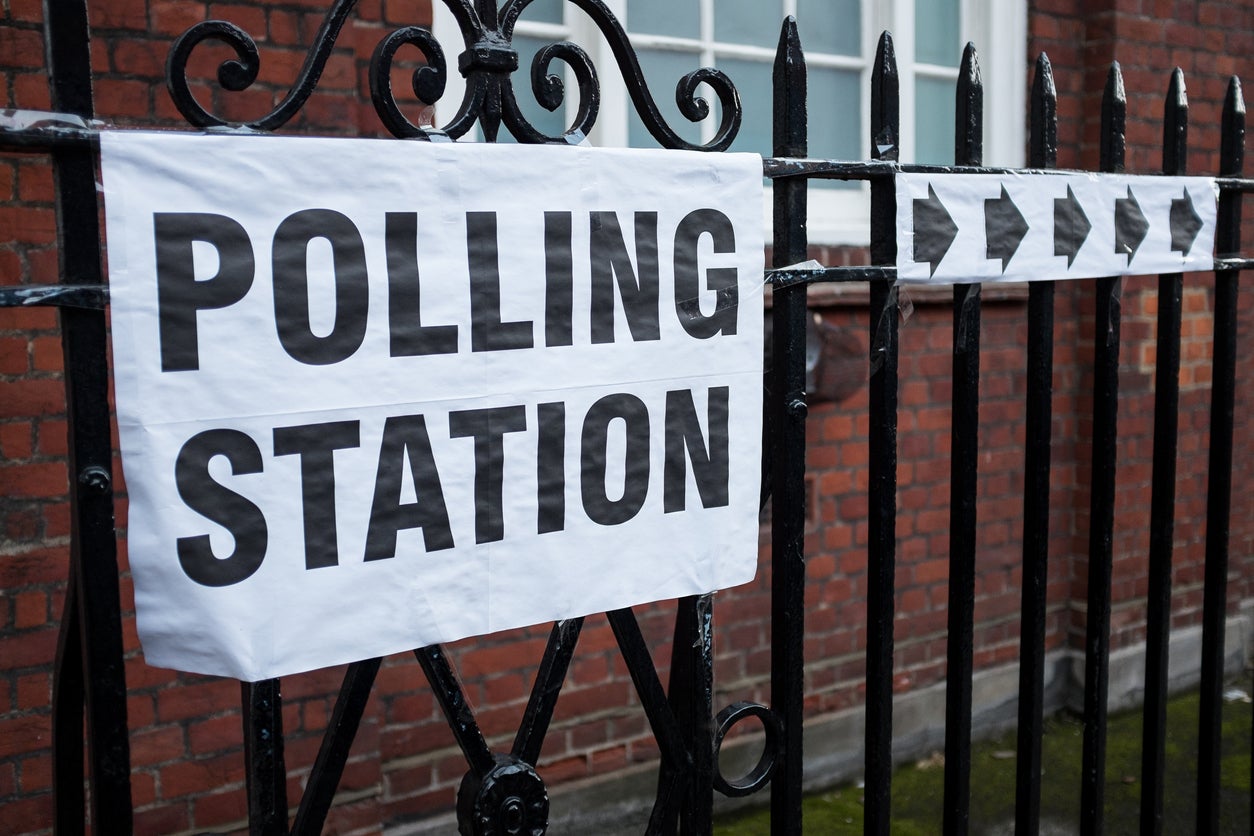What will be different about the elections happening on 6 May?
Local elections in England, and elections to the Scottish and Welsh parliaments, are likely to go ahead this year – with a few differences because of coronavirus


Chloe Smith, the minister for the constitution, confirmed last week that the local elections in England will be going ahead as planned on 6 May. The government’s aim is that all over-50s and “at risk” people will have had their first vaccination by then, and polling stations will be “Covid secure” – which includes asking voters to bring their own pen or pencil. No stubby pencils on string this year.
In addition, all voters can request a postal vote, and for those who become ill or test positive in the days before voting, the rules on proxy voting are being changed. If you have to isolate, you will be allowed to nominate someone to vote for you up until 5pm on polling day.
Smith said: “We are publishing a detailed plan to deliver May’s elections in a safe and secure way. This is backed up by additional funding for councils, and practical changes to electoral laws to help both voters and candidates. Democracy should not be cancelled because of Covid.”
In the foreword to the plan, she added: “Everyone who feels comfortable going to a supermarket or a post office should also feel confident attending a polling station in May. We encourage anybody who is shielding, or who would prefer not to attend a polling station, to apply for a postal or proxy vote ahead of the polls.”
Elections are also due for the Scottish and Welsh parliaments, which is a decision for them, but they are expected to give the go-ahead. If so, it would mean that everyone in England, Scotland and Wales will be able to take part in at least one election. Voters in Northern Ireland have to wait for assembly elections next year.
With many elections having been postponed from last year because of the coronavirus, the full list of votes on 6 May is likely to be:
• Scottish parliament
• Welsh parliament
• London mayor
• London assembly
• Police and crime commissioners in England and Wales
• Metro mayors (Cambridgeshire & Peterborough, Greater Manchester, Liverpool city region, Tees Valley, West Midlands, West of England, and West Yorkshire)
• City mayors (Bristol, Doncaster, Liverpool, North Tyneside, and Salford)
• English counties (24)
• English metropolitan districts (35)
• English unitary authorities (28)
• English district councils (62)
• Plus some local council by-elections in Scotland and Wales, and some local referendums – the ones I know about are in Tower Hamlets in London: there is a borough-wide referendum on whether to keep its directly elected mayor; and one in the Isle of Dogs on its neighbourhood plan.
The government says that it will publish further guidance on face-to-face campaigning in due course. It is likely that delivering leaflets will be allowed in the final weeks, but most parties will probably avoid door-to-door canvassing because there will be many voters who won’t like it.
Join our commenting forum
Join thought-provoking conversations, follow other Independent readers and see their replies
Comments